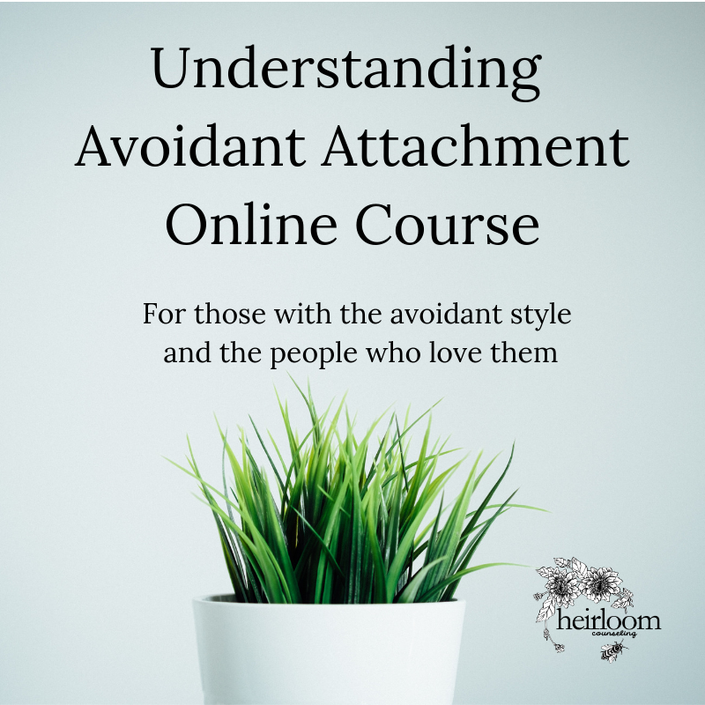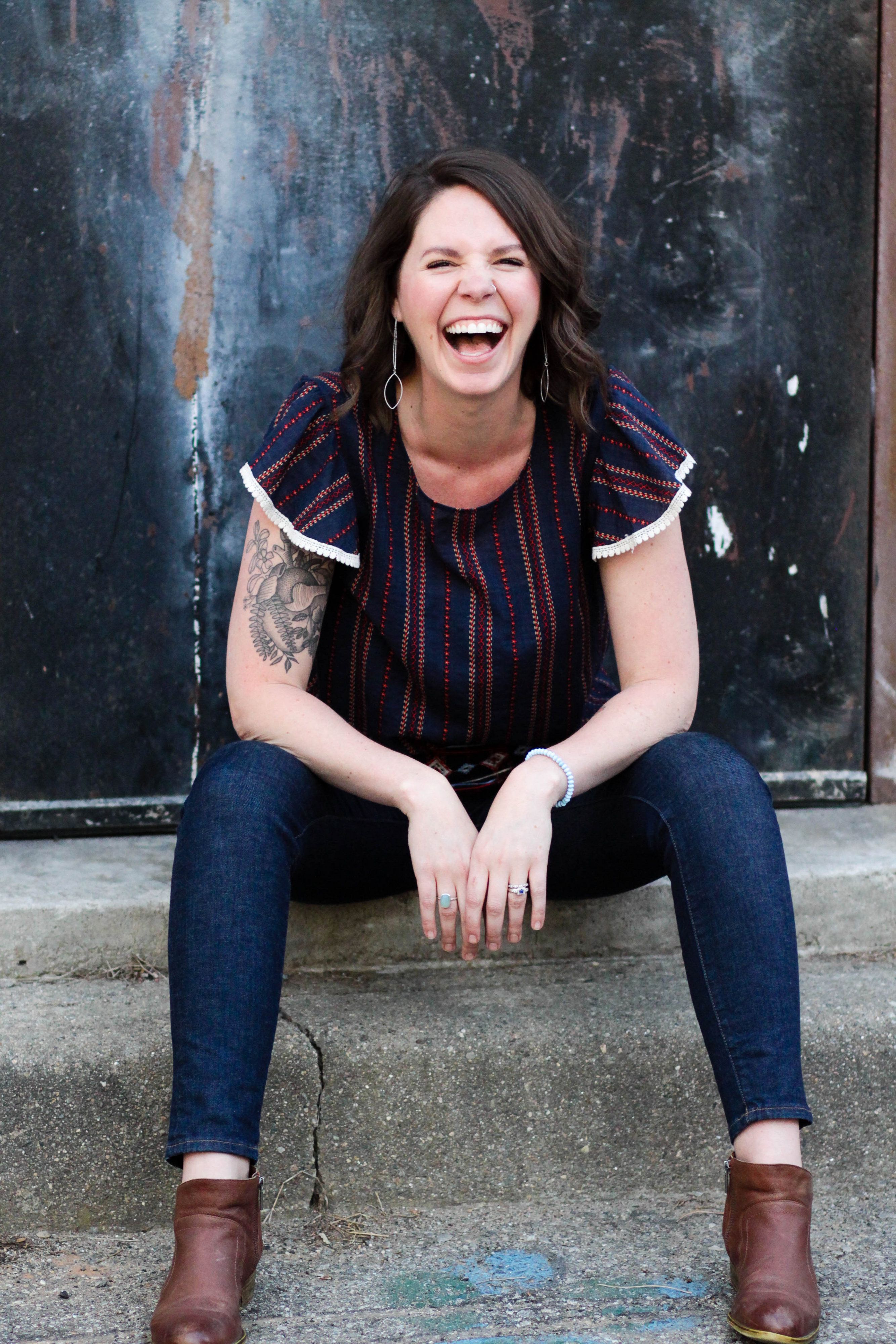
Understanding Avoidant Attachment
For those with the avoidant style and the people who love them
In my personal and professional experience, learning how to show up in relationships and shift them in a way that results in long-lasting positive change has been about changing my perspective and diving beneath the surface; it has been about recognizing the patterns and dynamics that are happening that we aren’t talking about in the moment. I think this is especially true for the avoidant attachment adaptation. We probably all have some suspicion that this is going on (“they were fine a minute ago, now all of a sudden they are shut down and I feel like I’ve lost them.”), but then what? What do we do from there?
I want to support you in deeply understanding the avoidant attachment style so you can heal yourself, your relationships, and your family line. The work you do now changes everything from here on out.
And if you are someone with this style, I want you to know I’ve got your back. This course will support you in having a deeper understanding of your emotional triggers, communicating your needs with others, and creating relationships that feel safe and comfortable to you. You deserve to have that.
This course will:
- Explain the origins of avoidant attachment, which is critical to shifting our perspective on this adaptation
- Explain what is required to heal avoidant attachment triggers + responses
- Explore how partners, family, and friends can support people with this style to increase communication and openness
- Provide concrete tools and suggestions to manage moments of disconnection in your relationships in a way that will promote long-term health, intimacy, and connection
- Provide guidance for reducing fight/flight/freeze/fear responses
- Include a meditation for soothing avoidant attachment responses and increase your ability to connect in a healthy, grounded way
This course is for you if:
- You recognize you have some of the avoidant adaptation and are curious about strategies to increase your connection with others
- You are in a committed relationship with an avoidant partner and you want to increase your understanding of the avoidant adaptation so you can show up in a more supportive way
- You were raised by caregivers who you are able to identify as having the avoidant adaptation and you would like to heal from your experiences and/or prevent those patterns from being passed along in your family
- You are interested in learning more about attachment patterns and ways to increase connection in relationships, families, and communities
Your Instructor

My name is Elizabeth Gillette, and I'm committed to healing work.
I believe in our innate ability as human beings to heal ourselves and be in relationships with others that feel in alignment with who we are and how we show up in the world. I provide attachment-focused therapy, workshops, and education to support healthy, loving relationships.I'm really excited to be here with you and support you along your healing journey.
Course Curriculum
-
StartWelcome to Section 2 (0:34)
-
StartA Note On Language and Focus (1:32)
-
StartSome Brief Background on the Nervous System and Stress Response (4:03)
-
StartThe Development of Avoidant Attachment (2:32)
-
StartWe All Want to Connect (2:03)
-
StartDistancing Behaviors (2:23)
-
StartIdentifying Distancing Behaviors Worksheet Directions (1:08)
-
StartWorksheet: Identifying Distancing Behaviors and Responses
-
StartThe Importance of Amplifying the Positives in Partners and Relationships (3:18)
-
StartWorksheet: Amplifying the Positive
-
StartWhy Expressing Emotions Isn't Comfortable for the Avoidant Style (1:17)
-
StartThe Avoidant Style and Commitment in Relationships (1:50)
-
StartThe Role of Secrecy and Infidelity in the Avoidant Style (3:48)
-
StartWelcome to Section 3 (0:28)
-
StartAspects of Healing the Avoidant Style (5:13)
-
StartWorksheet: Reciprocity in Relationships
-
StartKeeping Time in Perspective (1:52)
-
StartList: Qualities Needed to Heal the Avoidant Attachment Adaptation
-
StartWhat types of interactions might be perceived as harsh by people with the avoidant style? (2:42)
-
StartGrief and Healing (1:48)
Frequently Asked Questions
I am so grateful to do this work with you! Thank you for participating and showing up better for yourself and your relationships!
